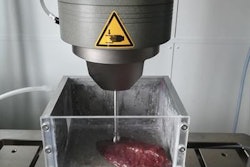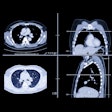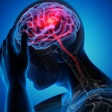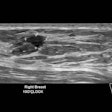Dear AuntMinnieEurope Member,
Training for referring doctors about the risks of radiation exposure from imaging investigations still seems woefully inadequate. The findings from the latest survey conducted at a busy teaching hospital in the U.K. confirm that the knowledge levels of some clinicians are poor, and many respondents admit they've had no education in this field.
This is nothing new, of course, and it's probably too soon to say there's a crisis. Calls for mandatory training in CT dose for all medical doctors look set to increase, however. Go to the CT Community, or click here.
The dire staffing situation in some public hospitals in Scotland shows no sign of going away. Patients' lives are being put at risk by a culture of "bullying" and "intimidation," and administrators are ignoring a "crippling" shortage of radiologists, according to a letter from several physicians. Find out more here.
A suspected case of breast cancer in a lactating woman represents a real dilemma. How do you image her? Ultrasound is the gold standard, but could other modalities be used as well? German researchers have addressed this issue, and their efforts have attracted praise from breast imaging guru Dr. Christiane Kuhl. Visit the Women's Imaging Community, or click here.
Another German-led group has found that a machine-learning algorithm can predict social functioning -- and thus whether mental therapy would be needed -- in over 80% of patients in a clinically high-risk state for psychosis and in 70% of patients with depression. Get the full details here.
French musculoskeletal specialists have been busy comparing the usefulness of digital tomosynthesis and x-ray, as well as CT with metal artifact reduction, in cases of prosthetic loosening after total hip arthroplasty. Their findings and analysis are worth a close look. You can do so here.
Finally, Italian authors have reported progress in patients with memory problems. Using florbetaben-PET imaging, they were able to discriminate two amnesic mild cognitive impairment subgroups with significantly different amyloid retention levels. Go to the Molecular Imaging Community, or click here.



















